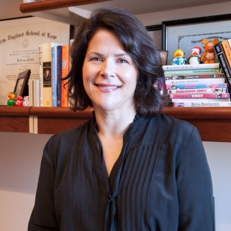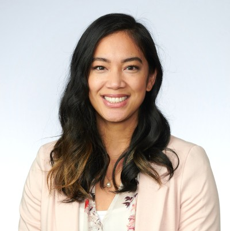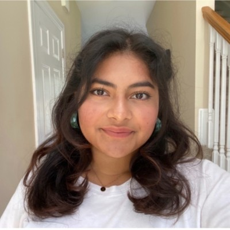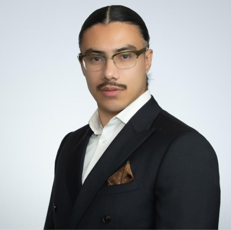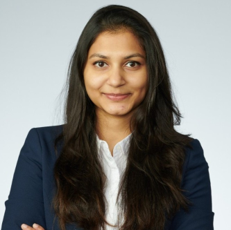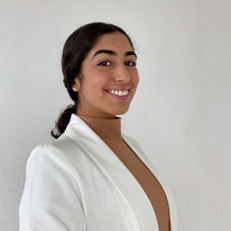Boston University Diversity Statement
Boston University’s founders opened its doors to all students without regard to religion, race, or gender. Building and sustaining a vibrant community of scholars, students, and staff remains essential to our mission of contributing to, and preparing students to thrive in, an increasingly interconnected world.
We strive to create environments for learning, working, and living that are enriched by racial, ethnic, and cultural diversity. We seek to cultivate an atmosphere of respect for individual differences in life experience, sexual orientation, and religious belief, and we aspire to be free of intellectual parochialism, barriers to access, and ethnocentrism.
Success in a competitive, global milieu depends upon our ongoing commitment to welcome and engage the wisdom, creativity, and aspirations of all peoples. The excellence we seek emerges from the contributions and talents of every member of the Boston University community.
There are many resources and offices at BU to support students. As it relates to diversity and inclusion, we hope you’ll find the following particularly helpful:
Howard Thurman Center for Common Ground
The Thurman Center was founded in 1986 to preserve the legacy of Dr. Howard Thurman, who spent his life working to break barriers that separate people based on race, culture, religion, ethnicity, gender and sexual identity. It currently serves as BU’s cultural hub and emphasizes the importance of stepping outside your comfort zones to build relationships and share experiences with others. The center offers are a wide array of cultural programs, lectures, discussions, films, events and resources for all members of the BU community to attend.
Newbury Center
The Newbury Center opened its doors in January 2021 with the goal of fostering the holistic success of first-generation students at Boston University. It aims to offer programming and services designed to ensure that first-generation students experience the same well being, belonging, self-efficacy, and academic accomplishment as their continuing-generation peers. Specific initiatives include support for navigating through the financial aid system, making the best use of academic resources and taking full advantage of internship opportunities.
Center for Anti-racist Research
The Center for Antiracist Research was founded with the mission to convene researchers and practitioners from various disciplines to figure out novel and practical ways to understand, explain and solve problems of racial inequality and injustice. It fosters exhaustive racial research, research-based policy innovation, data driven advocacy campaigns and narrative-change initiatives. Members of the Boston University community can apply to be part of The Center Affiliates Program which is building out a network of faculty and graduate students engaged in anti-racist research.
Faculty and Staff Community Networks
The aim of the FSCNs is to foster and promote a healthy and supportive culture for individuals engaged with issues related to diversity, equity, inclusion, justice and full participation within the BU community. The list of networks includes: Allies & Advocates Faculty & Staff Community Network, Faculty & Staff of Color Community Network, LGBTQIA+ Faculty & Staff Community Network and Staff and Faculty Extend Boston University Disability Support.
Student Activities Office
Boston University has over 450 student organizations and the SAO can help students find peers who share their passions and interests or even get the ball rolling to create an entirely new organization. These organizations include a variety of identity based clubs that BU students can sign up for and join.












 ALPFA, founded in 1972, stands for the Association of Latino Professionals For America. ALPFA is a national non-profit organization that has become the largest Latino Association for business professionals and students with more than 90,000 members nationwide (this includes 43 professional and over 150 student chapters). ALPFA serves as the catalyst connecting professionals with decision makers at Fortune 1000 partners and other corporate members seeking diverse opportunities. In addition, ALPFA has developed various events at a local and national level to prepare students from college to career-ready professionals through mentorship, leadership training and development, job placement and community volunteerism. The ALPFA-BU chapter hopes to equip Hispanic/Latinx students with the best tools to enhance their professional development. For more information, please contact
ALPFA, founded in 1972, stands for the Association of Latino Professionals For America. ALPFA is a national non-profit organization that has become the largest Latino Association for business professionals and students with more than 90,000 members nationwide (this includes 43 professional and over 150 student chapters). ALPFA serves as the catalyst connecting professionals with decision makers at Fortune 1000 partners and other corporate members seeking diverse opportunities. In addition, ALPFA has developed various events at a local and national level to prepare students from college to career-ready professionals through mentorship, leadership training and development, job placement and community volunteerism. The ALPFA-BU chapter hopes to equip Hispanic/Latinx students with the best tools to enhance their professional development. For more information, please contact  The
The  We are the BU women in business club serving as a networking and mentoring group for motivated and passionate undergraduate BU students. With our motto “Women Mean Business”, we aim to build a strong and empowered community that invests in ourselves and in one another. Through discussion based meetings, speaker panels, workshop events, and our annual Spring Conference, we strive to empower, educate, and connect our members in order to help them start a successful career. To learn more, reach out to
We are the BU women in business club serving as a networking and mentoring group for motivated and passionate undergraduate BU students. With our motto “Women Mean Business”, we aim to build a strong and empowered community that invests in ourselves and in one another. Through discussion based meetings, speaker panels, workshop events, and our annual Spring Conference, we strive to empower, educate, and connect our members in order to help them start a successful career. To learn more, reach out to 



